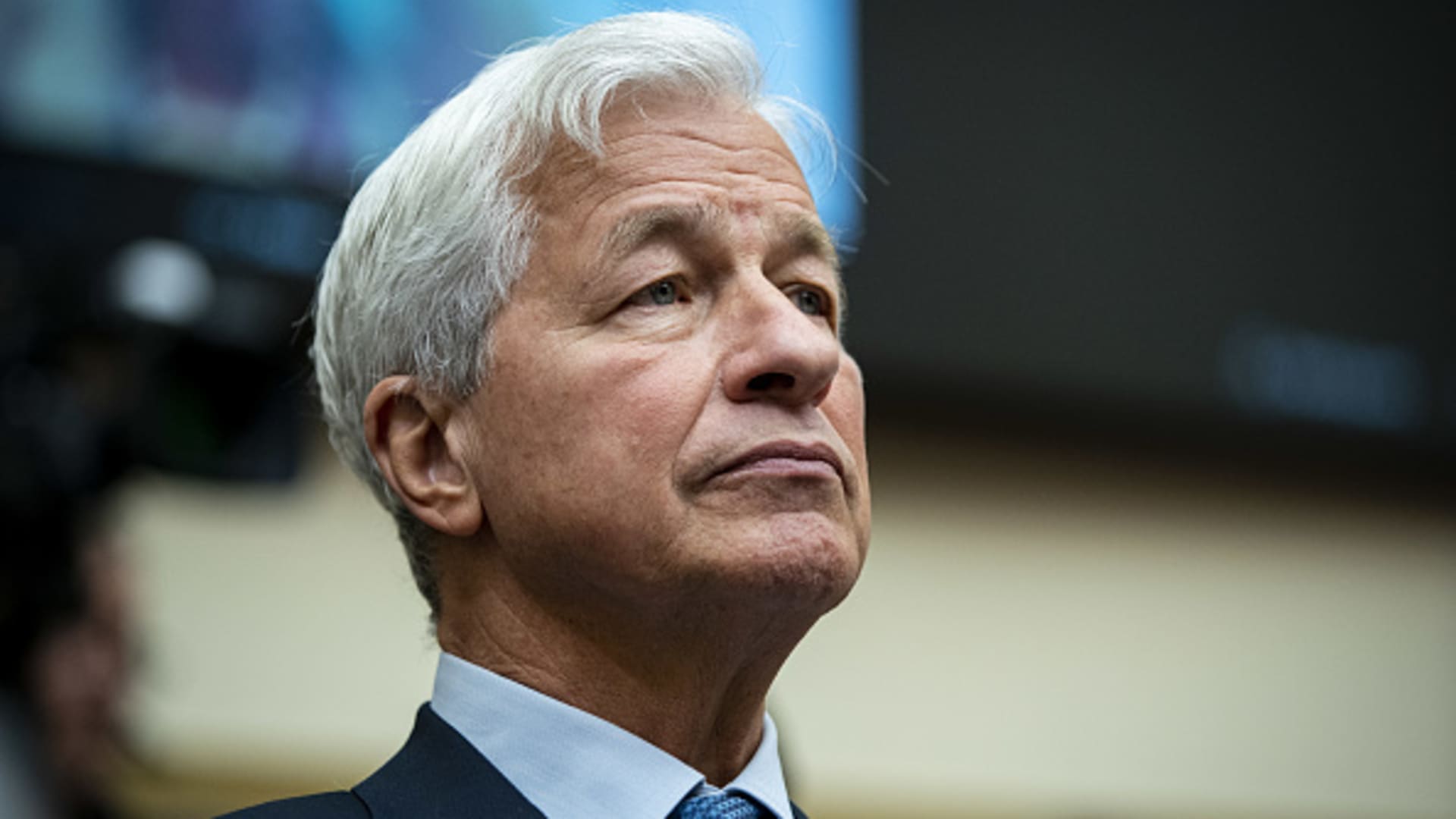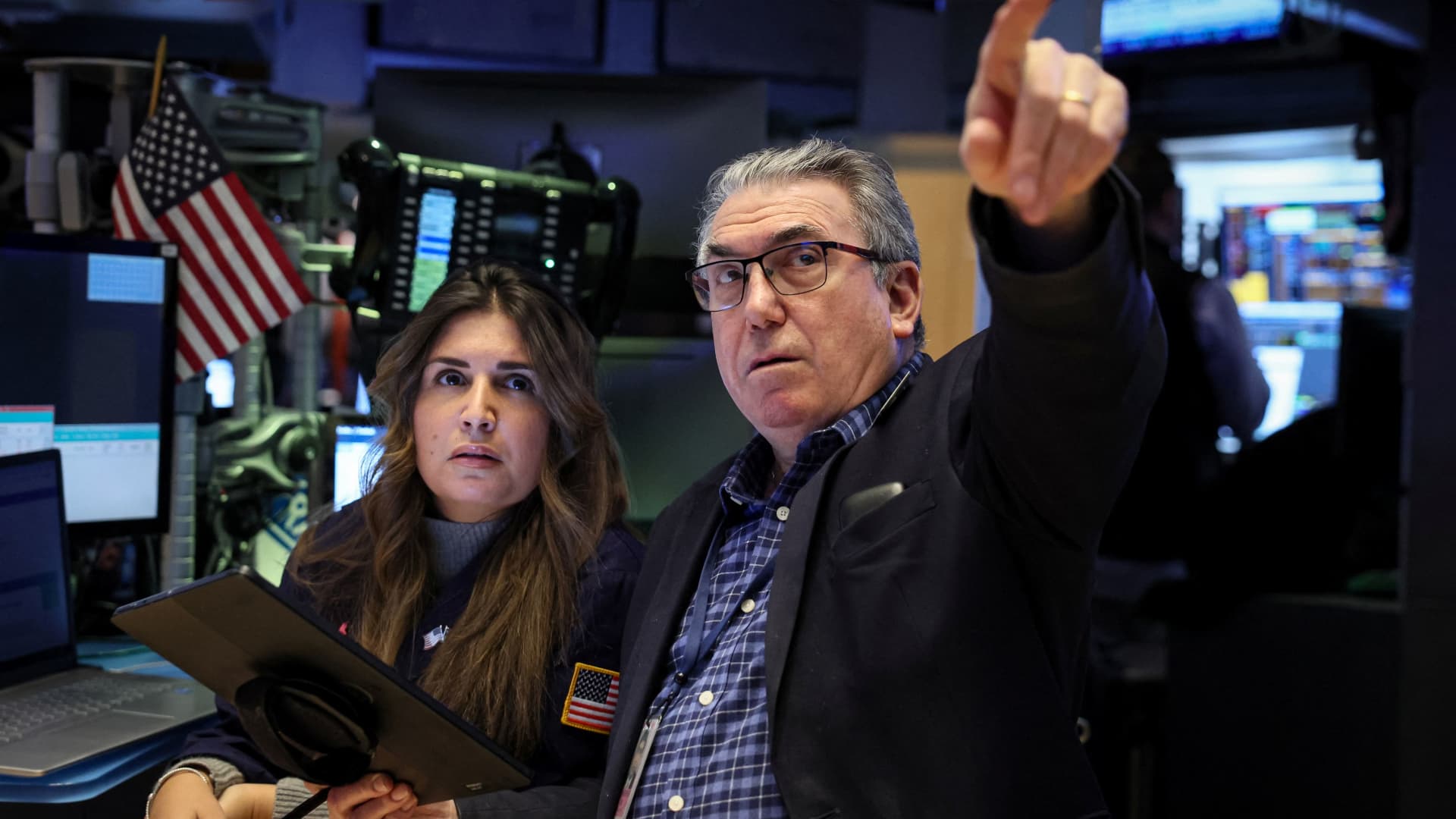JPMorgan Chase CEO Jamie Dimon Plans to Sell Stock in Bank for First Time in Nearly 20 Years
In a surprising move, JPMorgan Chase CEO Jamie Dimon has announced his intention to sell stock in the bank for the first time in almost two decades. The decision has put pressure on JPMorgan shares and the Dow Jones Industrial Average, highlighting the importance of monitoring executive trades for investors.
Dimon is utilizing a predetermined plan commonly used by executives at publicly traded companies to protect against insider trading accusations. This will be the first time that Dimon, who is 67 years old, has sold JPMorgan shares for non-technical reasons. The planned sales will account for approximately 12% of the stock owned by Dimon and his family and are being done for tax planning and personal wealth diversification purposes.
The bank has made it clear that Dimon’s trades are unrelated to any succession plans and that he continues to believe in JPMorgan’s strong prospects. It is worth noting that such sales often occur when CEOs are nearing retirement.
Insider transactions can be complex to interpret, but they are closely watched by Wall Street. When executives buy shares, it is generally seen as a positive sign. Dimon’s purchase of JPMorgan stock in 2016 is a prime example. Despite a weak global economy at the time, Dimon’s investment in the bank coincided with a significant turnaround in JPMorgan and the S&P 500.
While sales like Dimon’s are not always red flags, they can be complicated. Executives at Moderna and Pfizer faced criticism for selling stock during the Covid-19 pandemic, despite utilizing predetermined plans similar to Dimon’s. Monitoring both sales and purchases by executives is crucial for investors, as they can provide signals about the market.
The Securities and Exchange Commission (SEC) has recently implemented stricter disclosure rules for predetermined stock-trading arrangements to prevent abuses. These changes offer more transparency and assurance that stock sales are conducted in good faith. However, open-market sales are still viewed differently and often more critically than those executed through predetermined plans.
Rule 10b5-1 trading plans were introduced over two decades ago to address the conflict between executives possessing non-public information and their desire to buy or sell stock. These plans allow executives to establish a schedule for stock transactions while protecting against allegations of insider trading. The SEC’s new rules now include a mandatory “cooling-off” period before executives can trade after adopting or modifying a 10b5-1 plan.
Researchers have highlighted the importance of longer cooling-off periods in these plans to prevent opportunistic trading and ensure fairness. By closely monitoring executive trades, investors can gain valuable insights and make informed decisions about individual stocks.
Overall, Jamie Dimon’s decision to sell JPMorgan stock has raised eyebrows and sparked discussions about the significance of executive trades in the market. As investors, it is crucial to stay vigilant and consider these transactions as part of a comprehensive investment strategy.

I have over 10 years of experience in the cryptocurrency industry and I have been on the list of the top authors on LinkedIn for the past 5 years. I have a wealth of knowledge to share with my readers, and my goal is to help them navigate the ever-changing world of cryptocurrencies.











